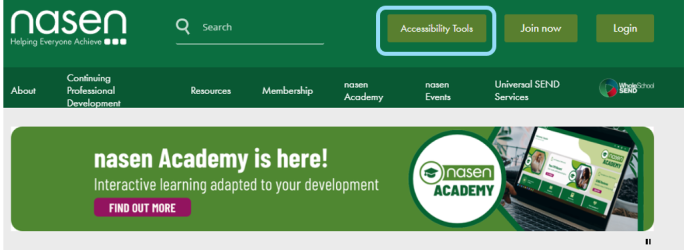
Pupil, parent, and practitioner views on support for SEND in mainstream school - New Ofsted Report
Ofsted have released a research report looking at the support for pupils with SEND within mainstream education. The report was commissioned in response to the significant weaknesses identified by Ofsted and others with regards to:
- gaps in external provision and training,
- lack of coordination between services,
- lack of accountability and
- weak co-production.
The small-scale study reports on rich data drawn from interviews with pupils, parents and school staff at all levels in both Primary and Secondary settings.
Some key findings from the report are:
Questions around effective implementation:
- Staff did not always know pupils well enough to ensure that the pupil-centred approaches they used were effective and meaningful.
- Mechanisms for co-production with parents and carers were often in place but implementation was not always meaningful. This is likely to impact how far schools can tailor provision to children’s needs.
- Local authorities had strong ambitions for multi-agency collaboration, but this did not always translate into improved practice and positive experiences for schools and families.
Other areas to address:
- There were concerns about social exclusion and over-reliance on a single adult as pupils with SEND regularly spent time out of class working with teaching assistants (TAs).
- Occasionally, schools were teaching a curriculum to pupils that was not properly sequenced or well matched to their needs.
- Some pupils received support from external services, but not always to the extent they need.
- SENCOs noted that they still face a range of challenges in carrying out their essential role.
- The lack of consistency in terms of quality of provision for pupils in different settings, including what ‘success’ looks like.
Whilst the report recognised that the small sample impacted generalisability of findings, the points noted about raise questions that have been asked before. The report is also available as a summary for children and young people to also access.










